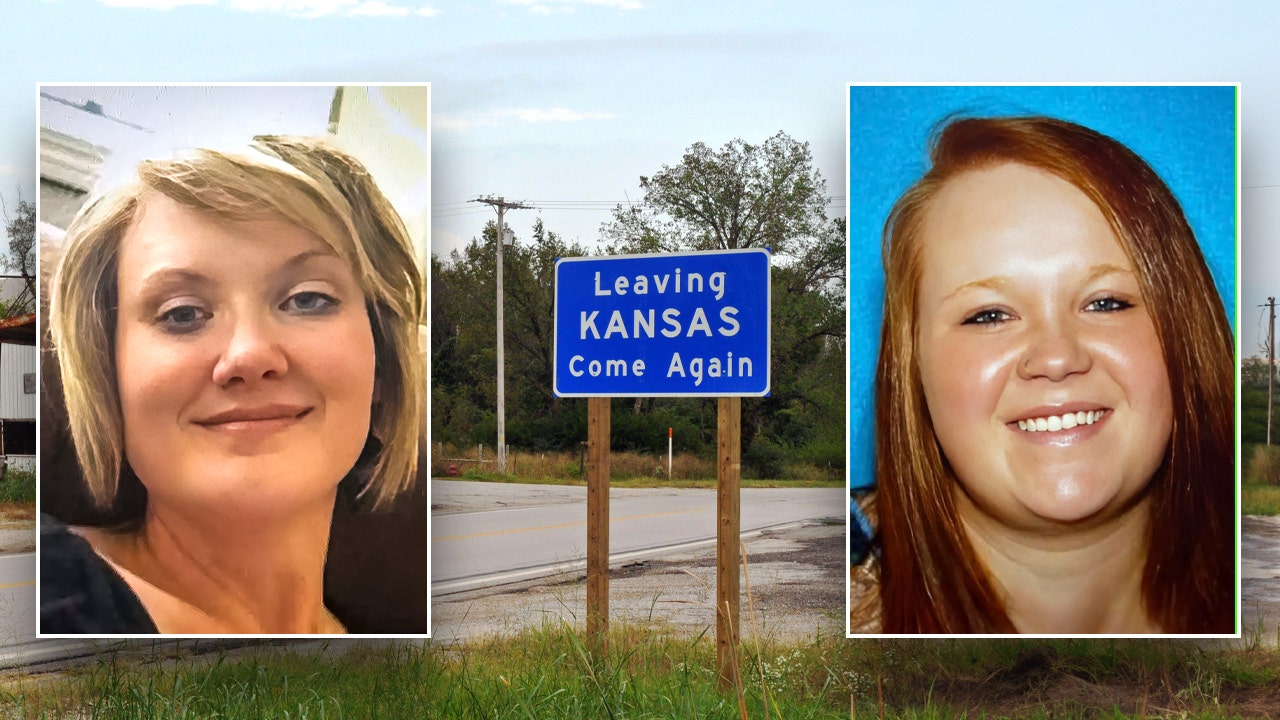When Bert Ellison experienced intense mood swings, the first person he turned to was usually not his wife but Dan Driscoll, his close friend of more than two decades. During the first year of his Ph.D. program, Mr. Ellison was an emotional yo-yo, one day telling his wife that he wanted to quit, the next that all was well. Mr. Driscoll suggested that Mr. Ellison take the concerns to him first, easing the stress on their marriage.
“I didn’t make a vow to Dan on my wedding day,” Mr. Ellison told me, “but I’m able to uphold my vows, I think, more fully because I can process some stuff with my best friend before I bring a more polished version to my wife.”
Research has affirmed Mr. Ellison and Mr. Driscoll’s approach. A study measuring the stress hormone cortisol in married people found that spouses who felt satisfied with the social support they had outside marriage showed less physiological stress from day-to-day marital conflicts than those who weren’t as satisfied. Just as in finance, in our social life, it’s wise to diversify our portfolio.
I’ve reaped these rewards from my own living situation: I share a home with my husband, two close friends and their two children. Our friends’ perspectives, passions and social communities have made my and my husband’s lives fuller and more dynamic. Sharing a space with friends has also created opportunities for me to discover different dimensions of my husband. One afternoon, I noticed him happily engrossed on the living room floor with our housemates’ toddler, who was repeatedly uncapping and recapping markers. My husband was fascinated, he said, by how the toddler had developed, and in that moment, I admired his exquisite patience and attentiveness.
Through our setup, I’ve arrived at a clearer sense of what an ideal marriage looks like to me: not one in which my husband and I are cocooned, gazing into each other’s eyes — as lovers are so often depicted — but looking outward, anchored in a circle of people we love.
This is something the ancient Romans would have understood. Some classicists argue that friendship played the central role in ancient Roman society that marriages do today. A Roman might refer to a friend in terms that people now use only for a spouse, such as “half of my soul” or “the greater part of my soul.” In the Byzantine Empire, pairs of male friends (who, in some cases, may have also been lovers) would enter Christian churches to be ritually turned into brothers, united for life. Some were buried together.
But as mores shifted, a spouse took on the role once played by a friend. During the Victorian era, an increased emphasis on romantic love encouraged young people to expect more from marriage, not just pragmatic benefits but also deep connection and companionship.
Since then, expectations of marriage have continued to balloon. Now movies, songs and books tell us that a spouse should be not just your greatest love but your “everything,” as the Michael Bublé song goes — your confidant, soul mate and best friend.
It’s only in recent years that we’ve come to understand just how harmful this kind of approach can be. Sociologists have found that married people have weaker relationships with neighbors, relatives and friends than single people do. We end up undermining romantic relationships by expecting too much and weakening friendships by expecting too little.
But there’s a way to fix this. Start by trying a simple drawing exercise: Get a piece of paper, write your name in the middle and draw circles that represent the most important people in your life. Closer relationships — like a dear friend or romantic partner — should sit closer to your name, and relationships that take up more space in your life should have a bigger circle. If you’re left with one enormous circle for a romantic partner and small bubbles in the distance, it’s a sign that the romantic relationship may be taking on too much significance.
Consider establishing a routine to ensure you see your friends regularly. A close friend and I have a standing date every other week to hang out at her house after her baby goes to sleep. A pair of best friends I know dedicate Friday mornings to coffee and conversation together, a ritual they now consider sacred.
Friendships enrich romantic relationships. But of course, they’re also an end in themselves, providing deep meaning and connection — far deeper than most of us have been told is possible. By opening up space to prioritize our friends, both types of relationships become more satisfying.
So if you have plans with a romantic partner this Valentine’s Day, savor the time together. Then make your next date night with a friend.
Rhaina Cohen (@rhainacohen) is a producer and editor for NPR’s “Embedded” podcast and the author of “The Other Significant Others: Reimagining Life With Friendship at the Center.”
The Times is committed to publishing a diversity of letters to the editor. We’d like to hear what you think about this or any of our articles. Here are some tips. And here’s our email: letters@nytimes.com.
Follow the New York Times Opinion section on Facebook, Instagram, TikTok, X and Threads.






